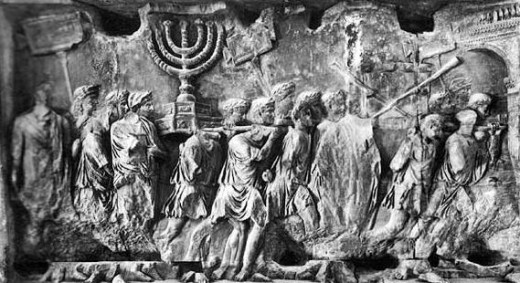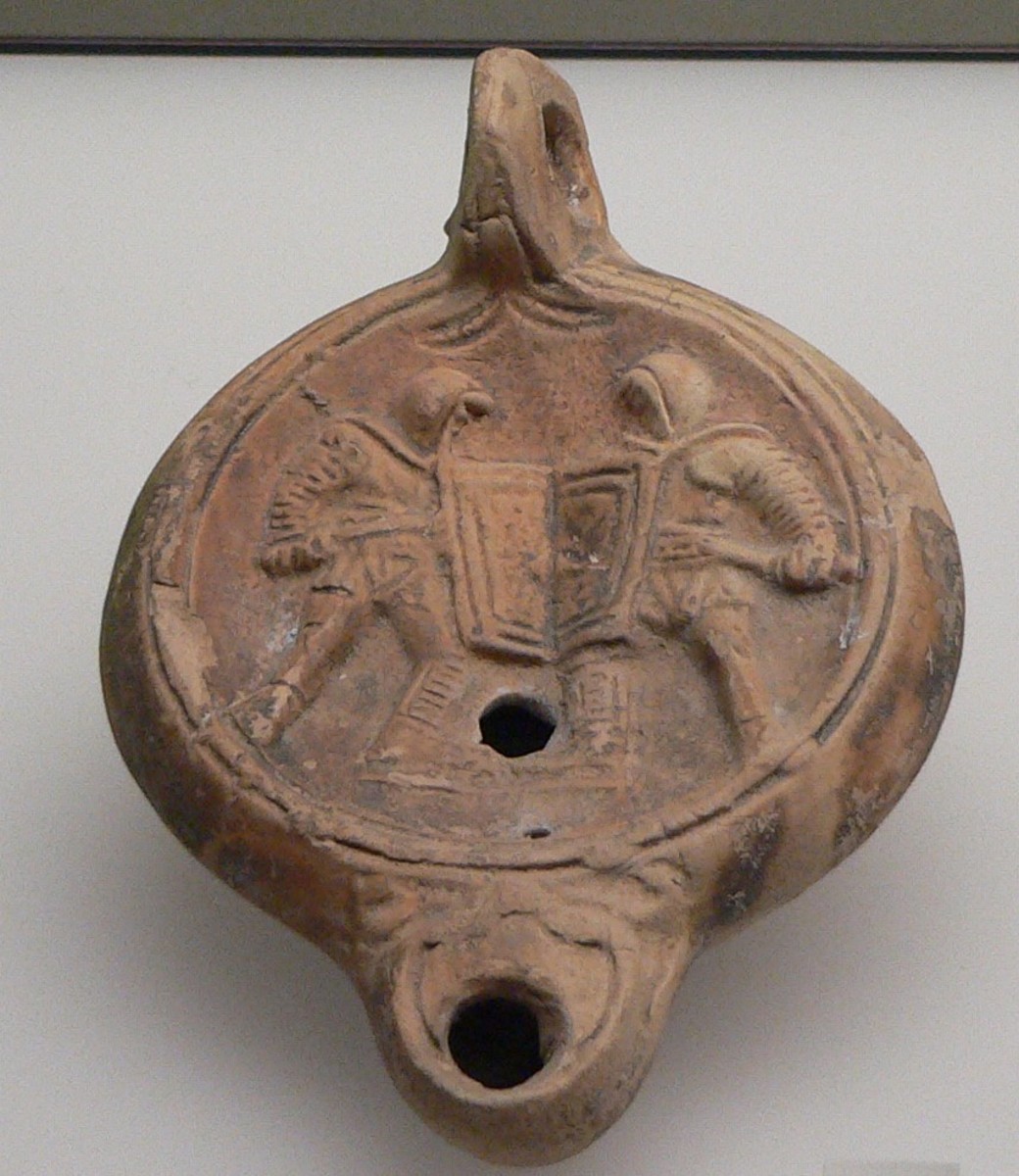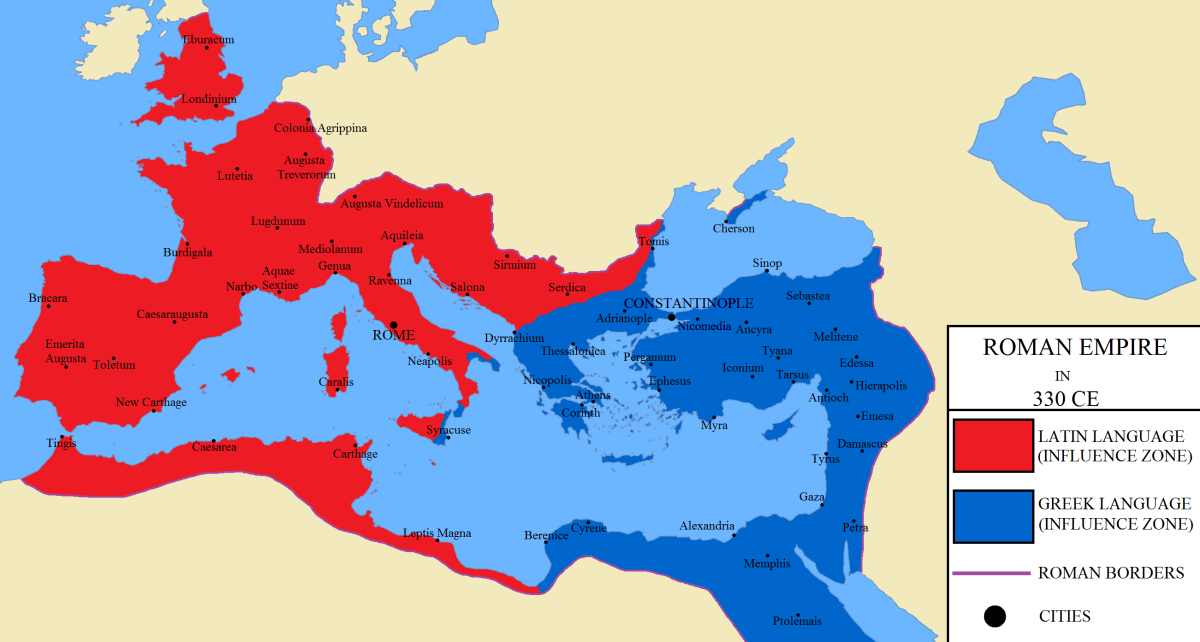Was Islam Invented by the Arab Empire?


The oldest biography of Mohammed (the Jesus in Islam) was written two hundred years after his death and most scholars remain unsure if early Islamic history could be considered accurate. History does show that by 6 A.D., much of the Roman Empire had been dismembered with the western remnants ruled by barbarians (including Italy), while the Eastern portion (Middle East area) survived. But, by 7 A.D., the once vast Roman Empire has been greatly reduced under Augustus. It was in the Middle East that the Arab's took over much of what had been Rome's. As Rome's grip loosened and Arab influence grew, so did the rise of Islam. It was the Arabs that retook Palestine, Syria and Egypt. But these Arabs were not all Muslim, some had no faith. The Quran, Islam's holy book, is not exactly all from the Mohammed, but a variety of sources as it took a century for it to be created. Similar to the Bible. The religion did not come into being until after the Arab armies had seized Iraq and Syria.
The Quran did not all come from the Prophet Mohammed who millions believe lived in Mecca, Saudi Arabia or the Hijaz, but more likely lived in Jordan. Despite all efforts, there are no reliable biographical details about the man, unlike that of Jesus, who we know existed. Islam, like other religions, is a constructed one by the Arabs. As the war between Persia and Rome grew, Rome used the Arab tribes as hired mercenaries and armed them because Rome's own forces were stretched too thin. Over time, the Arab tribes grew with more authority and wealth and influenced by the Jewish and Christian religions in the same area. As time went on, they adopted similar types of teachings and customs, but altering them with an Arab-spin. After the bubonic plague had ravaged much of the Roman Empire, Persia conducted an all-out attack and they seized Syria, Egypt and Palestine. But, in a last ditch attempt, Rome conducted its own surprise attack from an unexpected direction that made Persia seek peace. But now, both empires were too weak to battle further. This is when the Arab armies rose and seized the same area and then Iraq and made Persia (Iran) under their rule.
The Arabs now had their own empire, modeled after Rome and Persia. Both of these had their Holy books and customs, but the Arabs had none. They had never had an empire, only independent tribes. So, they borrowed ideas and customs from other religions to create Islam. For instance, the ulama is very similar to the Jewish rabbinate; the Sharia is similar to the Jewish halakhah; from Persia, praying 3-5 times a day; from Christians, the annual pilgrimage, that now millions of Muslims do in Mecca. There was also economic incentive, for Islam allowed for the lowest of taxes one paid in the conquered areas under Arab control. Most conquered subjects would freely adopt Islam rather than pay higher taxes. The Arabs added their own customs and biases as the Quran evolved over 100 years from a variety of Arab leaders. There is only hearsay that Mohammed was directed by God to instantly create the Quran with all of its teachings.








